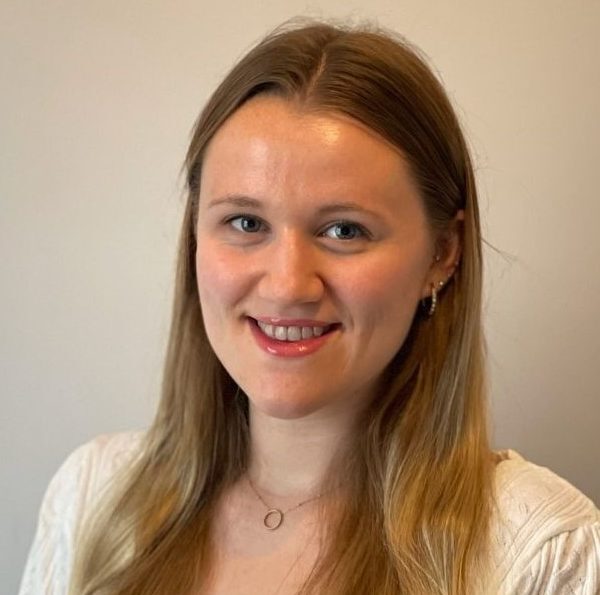Staff profile
Emily Settle
Research Postgraduate – Electrical Power Node

| Affiliation |
|---|
| Research Postgraduate – Electrical Power Node in the Department of Engineering |
Biography
A Quick Overview:
Whilst studying for my undergraduate degree BSc Geography, I developed a greater interest in studying climate change and its effects. I began to look at effect of weather changes during my dissertation and became even more keen whilst completing a renewable energy module. This led to me to completing my MSc Renewable Energy. Here I learnt the technical and mechanical processes of wind, solar, hydro, and tidal energies and their product life cycles. This came with the opportunity to consider wider themes that interested me, such as grid development, infrastructure improvements, pay back periods, and product life cycles. During my studies I also gained the opportunities to get an insight in to how offshore wind turbines can be operated and maintained, particularly with developments in autonomous monitoring through visiting Centrica sites. My thesis entitled ‘The Ability of a Wind Turbine to Provide for the Load as Part of a Storage System’ looked to establish whether adding a storage system to a wind turbine circuit would be a viable way to improve the capacity of energy produced, in order to mitigate for unpredictable weather systems.
Research Interests: Following on from my post graduate studies, my main interest is developing and implementing storage systems and evolving into a smart grid that will allow the growth and changes we need to achieve a sustainable, low carbon, energy network.
PhD Research:In smart grids, grid inertia (typically provided by gas/steam turbine based synchronous generators) is a very important measure of power networks’ stability. Low grid inertia will make power networks suffer from poor power quality and increased risk of blackouts. Massive offshore wind turbines however don’t provide grid inertia due to the use of frequency converters between wind turbines and power networks. This becomes one of the most challenging barriers for integrating more offshore wind energy sources into power networks in the research field of smart grids. My research project aims to develop digital twin technologies for coordinating wind turbines and energy storage units to provide virtual grid inertia, thus facilitating greater penetration of offshore wind in power networks.

